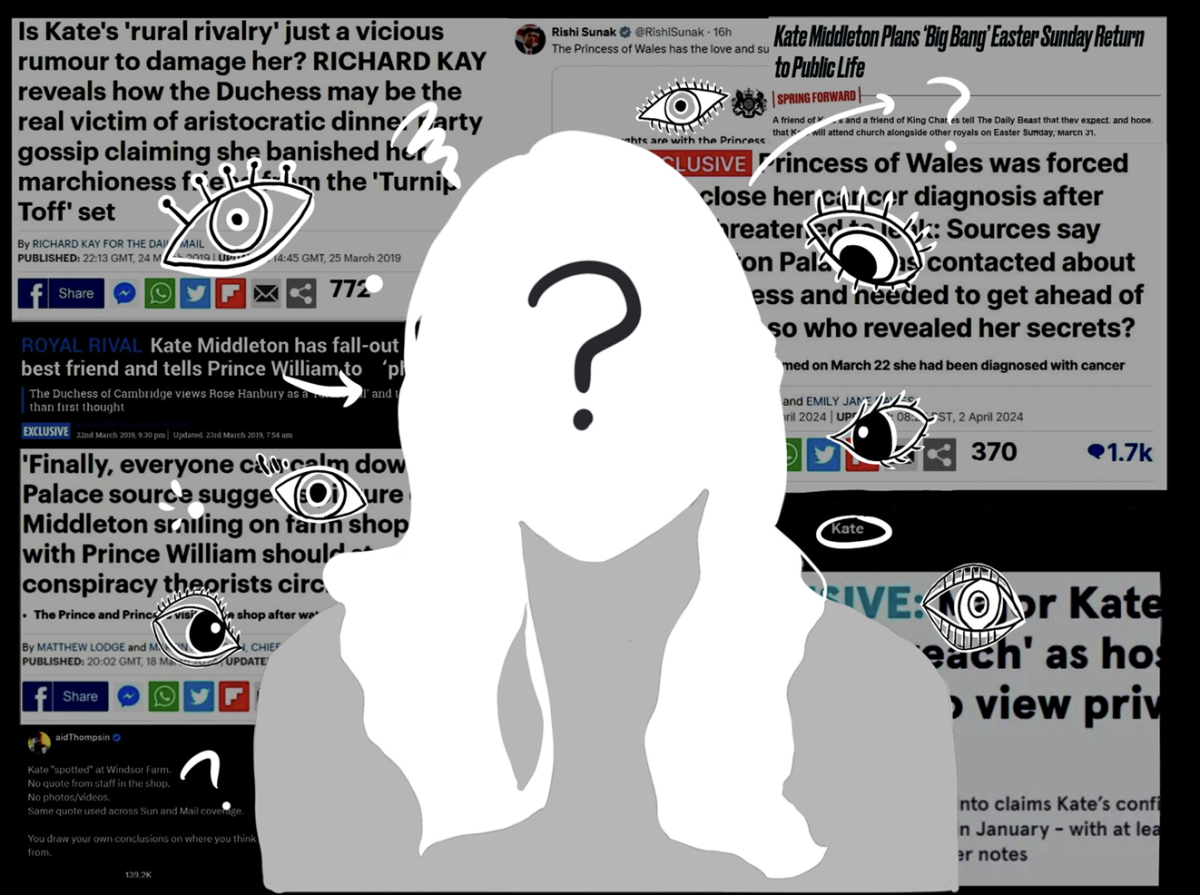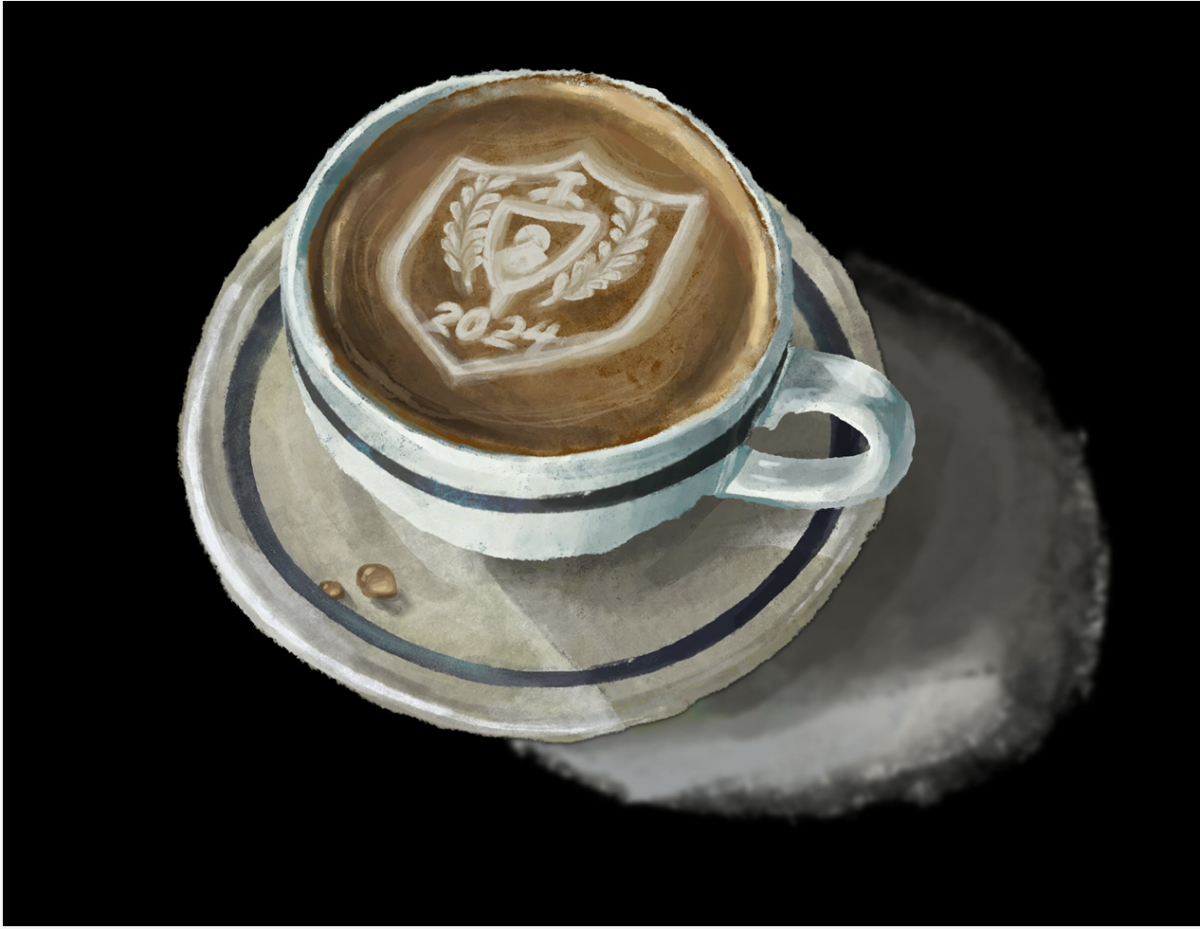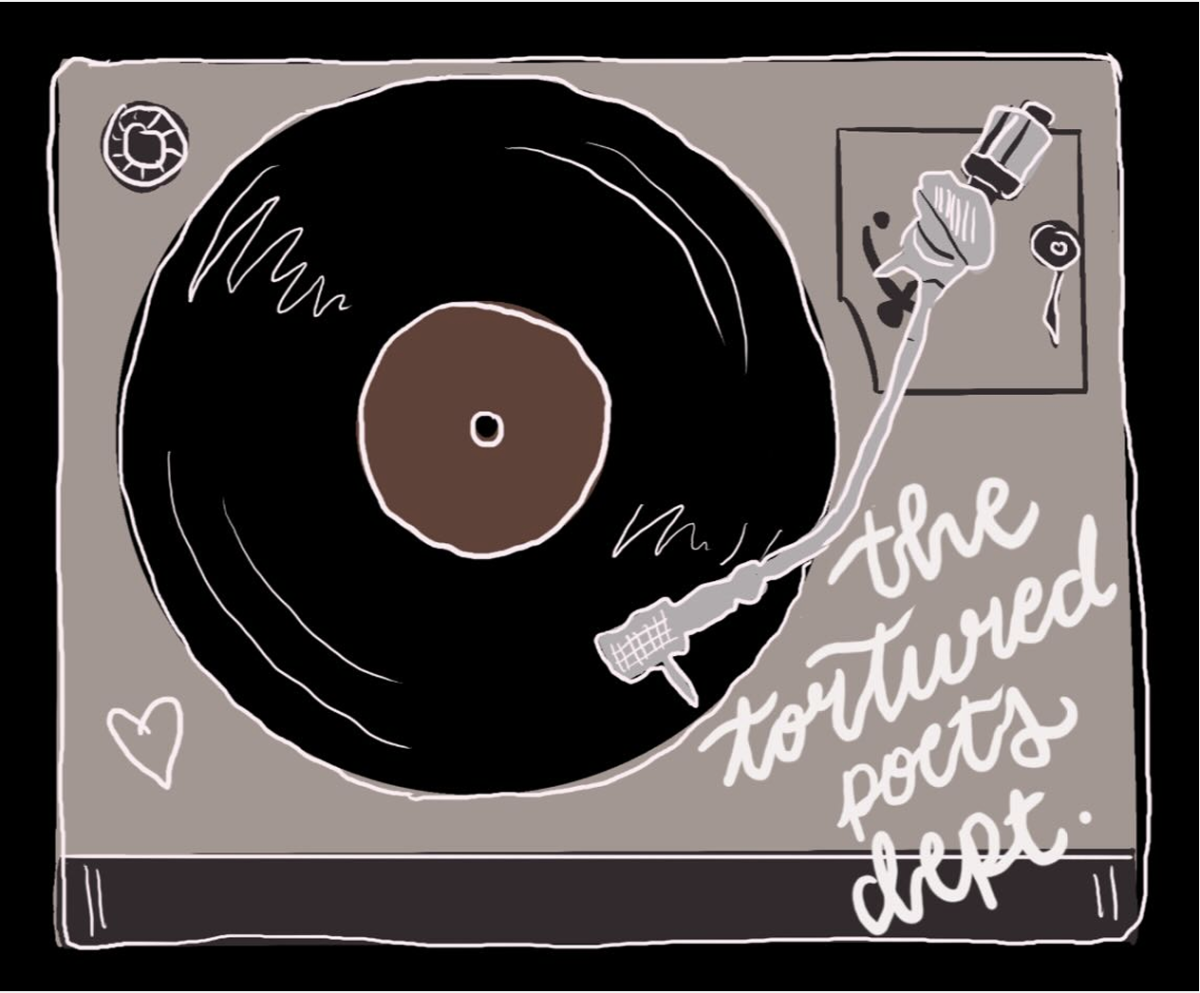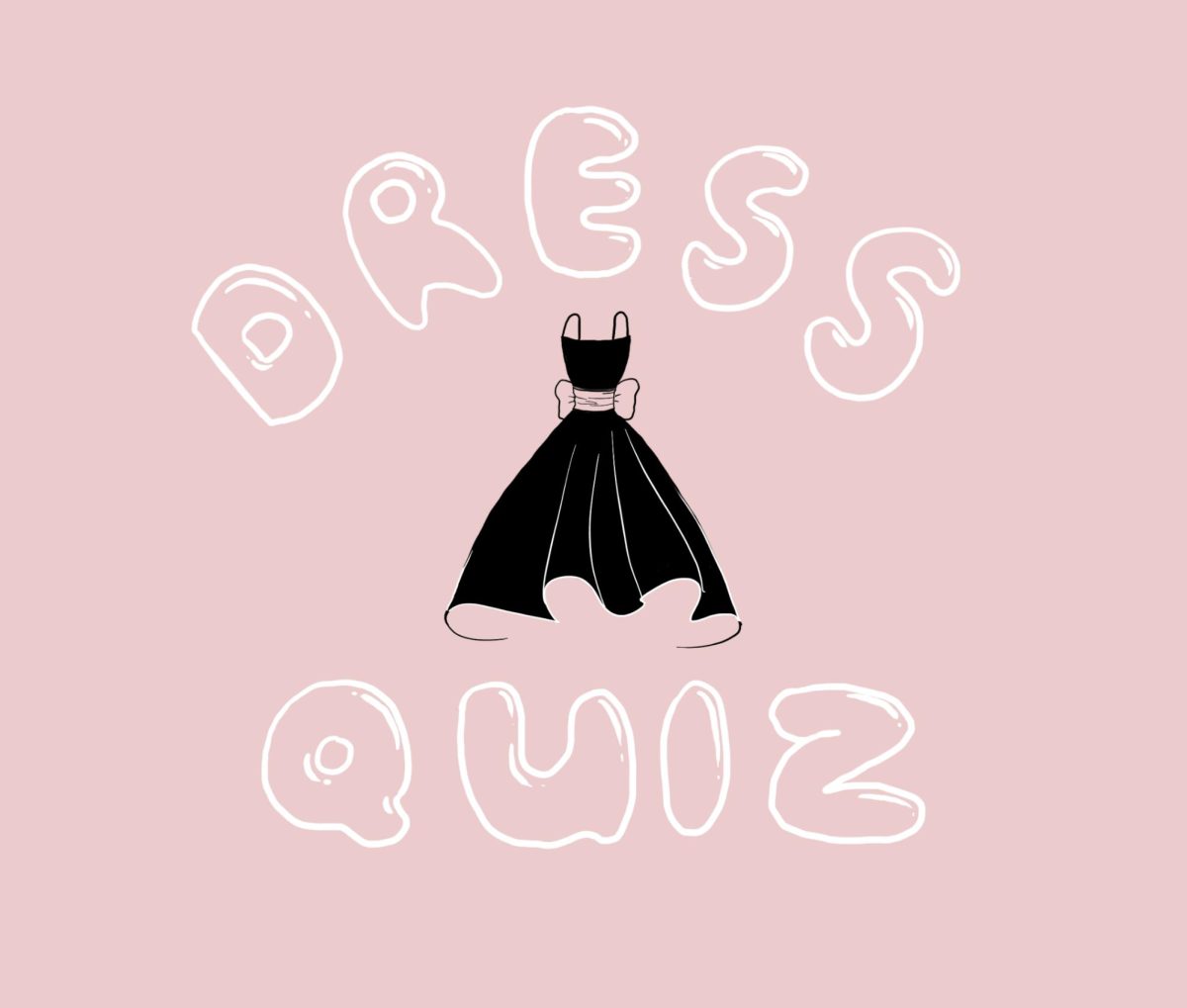Kurt Cobain, famously known as a rock musician and cultural symbol, still continues to hold onto his iconic status even though many saw his genre of music as a fad. This April marked 30 years of his death and yet his importance to a new generation of musicians and listeners remained.
Kurt Cobain, the iconic figurehead of Seattle’s alternative rock movement nicknamed “Grunge”, was never the person you would’ve expected to become famous in the early 90s. Coming from a small town in Washington state, Kurt Cobain grew up with divorced parents and never graduated from high school. Yet he still managed to reach the peak of stardom with his band Nirvana and invaded the cultural zeitgeist of America. However, with his tragic suicide in April of 1994, Nirvana, Grunge, and the hearts of many young people around the world hit a screeching halt. Despite the short 3 year period of fame Nirvana experience, Kurt Cobains philosophy, creativity, and message resonates with people 30 years later.
It’s impossible to understate the effect Nirvana had on the world, and its iron-clad grip from 1991-1994. Kurt Cobain, Krist Novoselic (Nirvana’s bassist) and Dave Grohl (Nirvana’s drummer who would go on to helm the band Foo Fighters) had not only the rock world, but all of pop culture at their fingertips. Nirvana had a distinctive sound: with heavily distorted guitars, aggressive drumming and vocals which would go from a whisper to a yell in seconds. It was filled with frustration and angst, yet it held a unique note of personal vulnerability. All of Nirvana’s albums have been recognized as key albums in not only the alternative rock genre, but also as cornerstones in the culture of the 1990s.
Bleach, their first album, was a raw and aggressive punk-influenced record. In Utero, their last record to be released, is a slow, murky and dark album. Their second album however, Nevermind, proved to be a success like no other. Being the perfect blend of high production and raw energy and musical performances. It came at the right place and right time, as many younger people had grown tired of the boring and plain pop of the 80s. Karl Mellander, Athey Family Master Teacher of Mathematics and alternative rock fan, said that “When Nevermind came out, there was nothing like it. It was murky yet polished garage rock at the same time. No one had heard anything quite like it at the time.”
The public did not take kindly to Nirvanas sudden rise to fame, due to their fame propelling Kurt Cobains lyricism to many households. Oftentimes, Kurt wrote about issues that concerned him and the struggles he had in childhood. His lyrics often touched on issues surrounding feminism, substance abuse, fears of what the future held, and depression. Because of his parent’s conservative outlooks on life, he never got to express his true emotions outwardly. He wouldn’t compromise or bend the knee to public pressure, opting to release songs as they were intended. This led to controversies about their songs regularly.
The song “I Hate Myself and Want to Die” was originally removed from the tracklist for In Utero because of its overly self-loathing themes and the fear that it was glorifying suicide. The song took until 2013 to be officially released to the public. This helped inspire a lot of other musicians to be more hands-on and open in their songwriting and music, as it would lead to a more true and natural album. These issues would slowly grow to be less shunned and be something people could discuss.
Kurt Cobain stood firm in his position as spokesperson for teenagers of the early 90s until his untimely passing. The effects on the youth of the world were like no other, Mellander recalls that once he heard of Cobain’s passing, he thought that “The fact that it was suicide was the worst of it.” He was one of the last musicians people expected to commit suicide, as he was not only incredibly successful, but also only 27. Mellander added that ”because now everyone who couldn’t connect and didn’t understand understood that he was such a troubled soul.”
Cobain’s passing did much to spread awareness of mental health issues and drug addiction, as many people didn’t quite understand how gravely they could affect a person. After his passing, many of his journals and his suicide note would be spread throughout tabloids, where it was written about how his addiction to heroin and depression contributed to the mental turmoil. In one of his journals, Cobain stated that “Drugs are a waste of time. They destroy your memory and your self-respect and everything that goes along with your self-esteem.”
Cobain wasn’t only an incredibly influential figure in the culture of the 90s, he was also a key component in the explosion of alternative rock throughout the decade. Mellander commented that “As I hear more music from the Seattle grunge scene, and any rock post 90’s in general, the more I hear how much Kurt changed music.” Kurt Cobain was never seen as a technical guitar player, yet his incredibly efficient way of writing riffs and lyrics can still be felt. He is often cited as the musician who popularized the transition from a quiet and somber verse to a loud explosion of angst and aggression during a song’s chorus. “He took this stuff that people had been playing in their garages and just made it insanely popular. And I think we didn’t realize how truly big that was” said Mellander.
Many people thought Kurt Cobain’s influence would wither over time, but his music has stayed popular and meaningful to many young people to this day. “His music is still a landmark of rock, and itll stay that way.” Damien Giannikas ‘24 said “In Utero is a deeply personal album, and I know people who’ve been helped by the album. Kurt always put a bit of his soul and emotion in his music, that’s why it’s good.” The truth in his music is that its always been incredibly impactful, with songs like “Smells Like Teen Spirit”, “Heart-Shaped Box”, ”Come as You are” and “Lithium” being iconic songs for people who did not fit into the musical and societal norm, then and now.
However, Cobain’s overall influence is taking what was out of the norm, and bringing it into the limelight. Censoring his ideas in music, playing what was going to make easy money, and being polished and speaking the corporate slop America wanted to hear was not what Kurt set out to do. From the start of his career to the end, he would be the same person with the same outlooks. Not backing down, not trying to fit into the norm, and just being yourself.
As Cobain said himself, “I’d rather be hated for who I am, than loved for who I am not.”




























